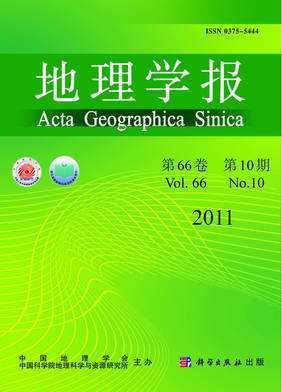ZHOU Kan, SHEN Yuming, REN Wangbing
Under the constraints of special system background and industrial structure in China, the industrial policy of the government can exert a substantial effect on the industry. The policy of service industry has become an important force in promoting the development of service industry in China's transitional economy. However, the existing researches generally adopt a perspective of government institutions. Based on economic statistical analysis or experience judgment, there are relatively few researches on the performance evaluation of service policies from the perspective of service enterprises. To some extent, the enterprises' demands are most effective to scale the policy effects of service industry, because enterprises are the ultimate recipients of various industrial policies, and they are confronted with multifarious changes of policy and market environment directly. By the questionnaire survey of nearly 4000 service enterprises in 31 provinces, 256 cities and 927 counties in China, this paper, in the perspective of cognition and experience of service enterprises, provides the comprehensive evaluation of policy effects and analyzes its influencing factors during the 11th Five-Year Plan period (2006-2010), and then the interaction of policies and service enterprises is discussed tentatively. Finally, some suggestions are made concerning the adjustment and optimization of service industry policies. The result are shown as follows. 1) Policy cognition of China's service enterprises is slightly on the low side during the period 2006-2010, and the low-grade trend is more prominent in western China. The policy cognition degree is significantly affected by annual turnover of enterprises, labor quality, industrial category, industrial status and policy making. 2) Service enterprises are relatively satisfied with the policy of service industry in China, and the satisfaction degree is under the considerable influence of policy cognition, employees quantity, benefit, ownership form, industry status and policy environment. 3) In terms of the interaction of policy and service enterprises, some policies are made correspondingly to achieve the transformation of China's service industry to higher proportion and efficiency, including strengthening the service system reform, perfecting the social security system, keeping the balance between domestic and foreign investment, broadening the coverage of policy supports and constructing the feedback mechanism of policy effects between service enterprises and government institutions.
